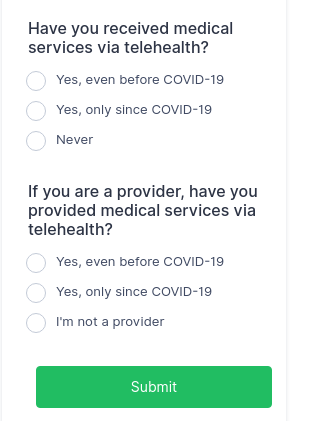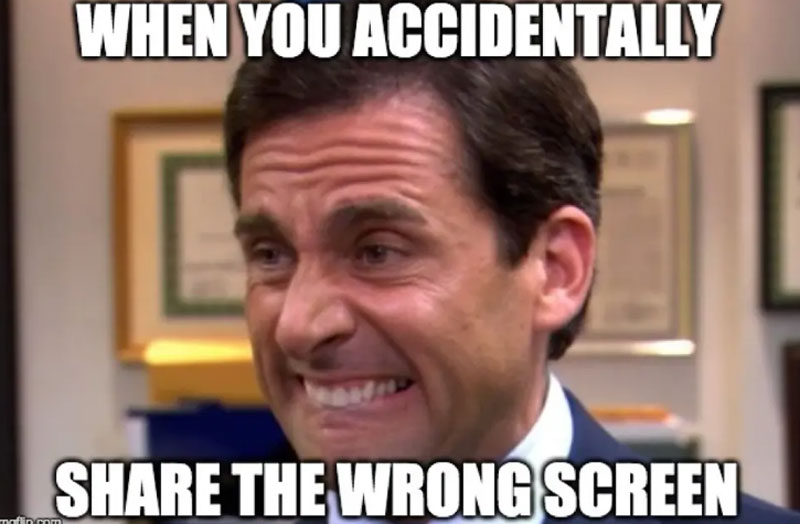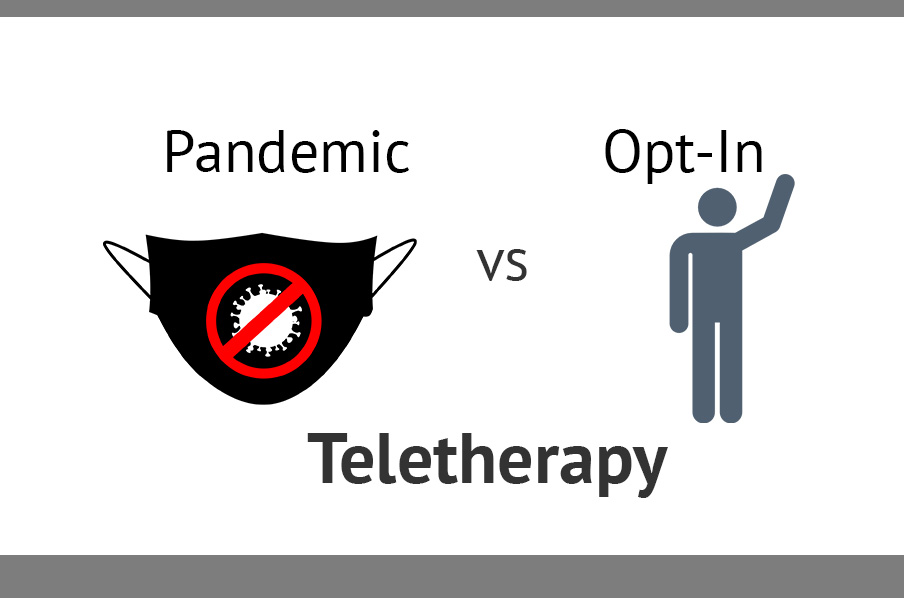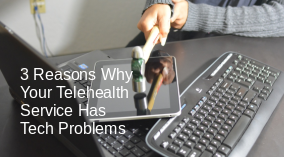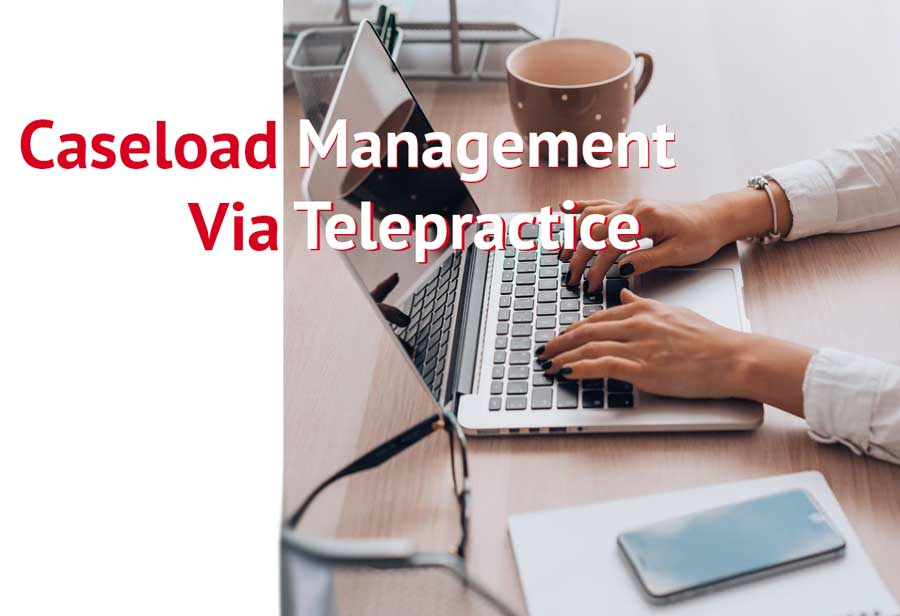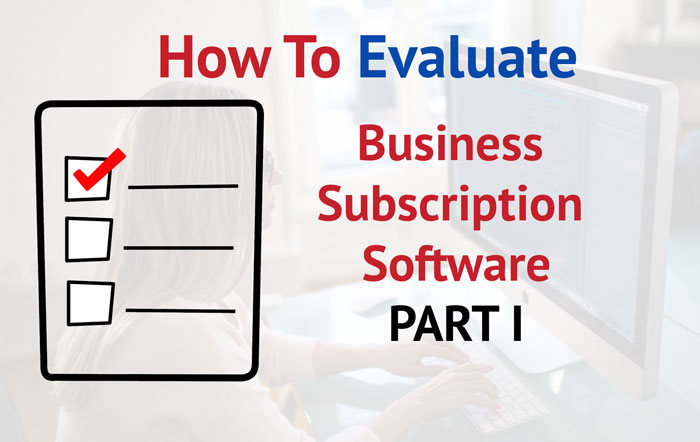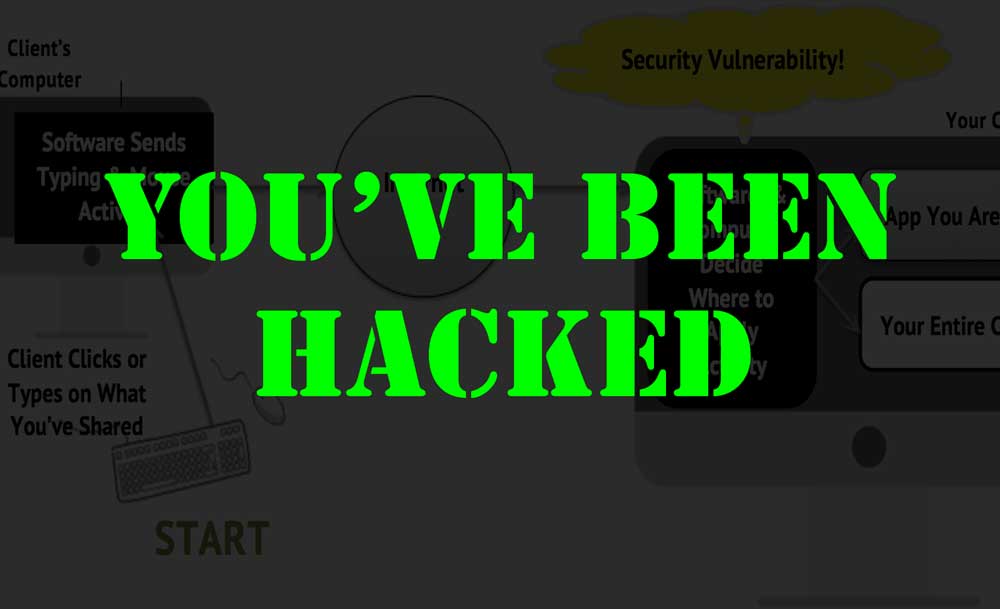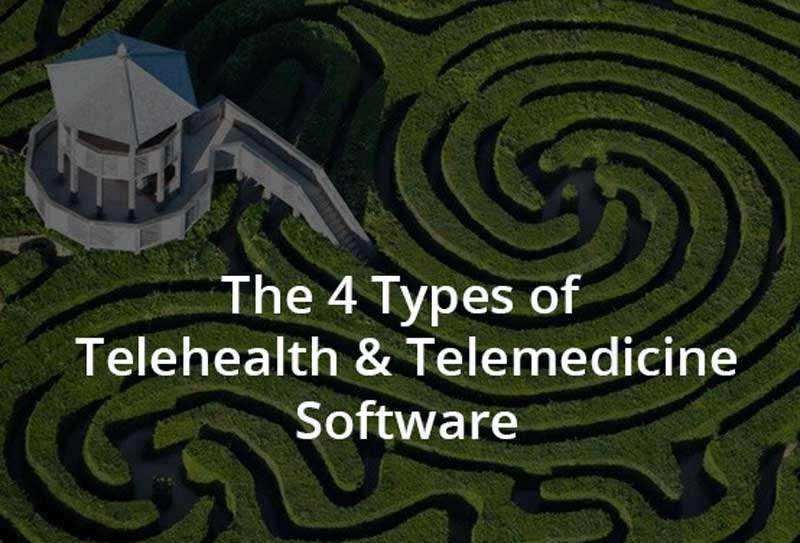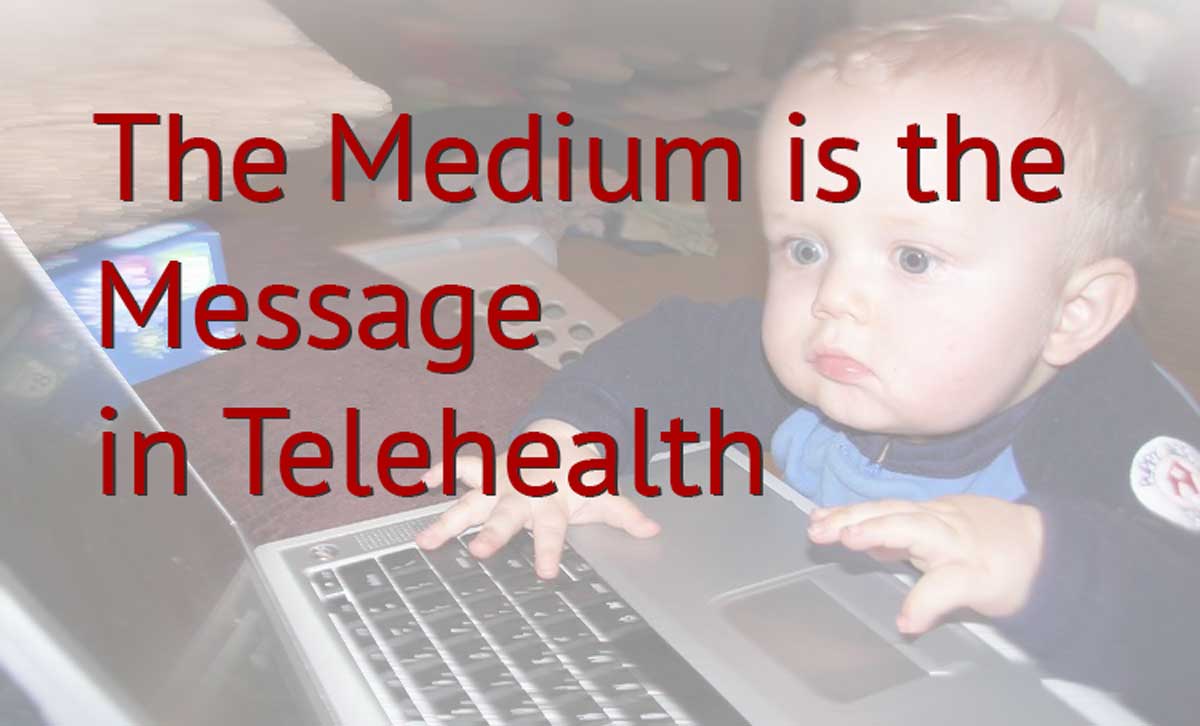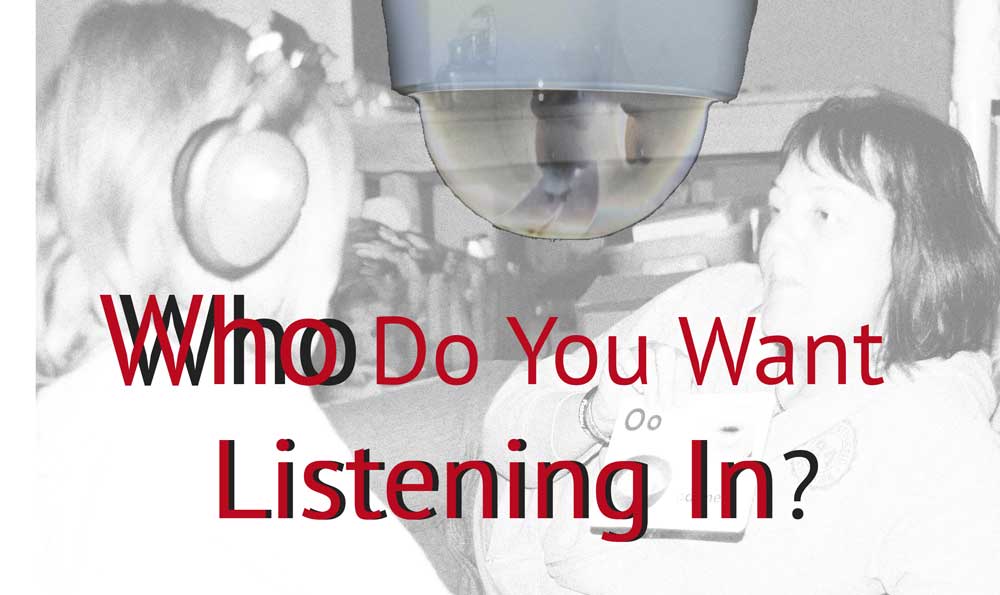After Years of Using Zoom for Teletherapy |

You might be thinking: "Of course you are going to recommend consulting, you sell it". While that's true, we truly believe that most companies venturing into telehealth need expert help to succeed. We believe it because we have seen it work.
Why Telehealth Mostly Fails
Two words: False Assumptions. Personally, I have started three organizations and have been involved in other start-ups and new initiatives. I have failed more than succeeded, but thankfully, failures often produce the learning you need to succeed. One thing I have learned: Most business failures can be traced back to false assumptions.
Telehealth (telemedicine, teletherapy) false assumptions mostly revolve around the technology involved and managing people who are separated by great distances. Entrepreneurs and those who spearhead initiatives tend to be optimistic. Optimism is a good thing and essential, but it must be tempered with realism.
During an average week, our team at Blink Session, we will have multiple conversations with leaders with a vision for life-changing telehealth services. They are for the most part, amazing ideas. The challenge is that, more often than not, the vision assumes too much about critical pieces of technology, operations, or marketing. We have seen those false assumptions lead to poor decisions which ultimately caused the initiative to fail.
An example. Imagine your dream is to have an amazing wine label. You envision bottles of your wine are being sold across the country and beyond. The challenge: You could have an amazing branding and marketing plan to sell your wine, but without a successful vineyard (grape crop) you have nothing to sell. If you assume a crop of wine-grade grapes are easy to grow, your wine dream will be "dead-in-the-wine" before it even begins. An expert vigneron (grape grower) could tell you exactly what needs to be in place to produce wine-worthy grapes, and your chances of success. They could literally save you millions of dollars.
Characteristics of Consulting That Helps
Attorneys and CPAs provide the most common business consulting. You hire them because they use their knowledge and experience to help you make decisions which increase profits and avoid danger. While both of those professions will actually perform, "work" for your company, the most valuable part of their service is consulting. Their consulting is researched recommendations based on your specific situation.
Before going forward, a word on what consulting is not. Consulting is not business coaching. Business coaching focuses on the leader's development and usually, the entirety of their job or business. Expert consulting should focus on one, or a few, key aspects of your goals in which the consultants have expert competence. A consultant is not a coach or counselor. They are experts who conduct research and analysis that lead to a recommendation via an action plan.
Consulting that helps, are thoroughly researched and analyzed recommendations delivered by an expert who deeply cares about the success of your initiative.
Research: Without research, recommendations are anecdotal. Consulting that helps, seeks first to understand the true landscape in which your dream will play out. Sure, sometimes your consultant's anecdotal advice is sufficient because they have direct experience in that area. If not, they should be eager and willing to do custom research. For example, say you need consulting on compliance issues related to providing telehealth services in Michigan. Unless the consultant has recently researched that issue, they should conduct at least a basic investigation to compile the applicable details.
Analysis: Consulting that helps, stems from thoughtful and systematic analysis. Think about it this way: I could have an hour long call with you in which I learn about your plan and give you some advice. That advice might be helpful, however it would not be nearly as valuable as me taking time to do research first, and then perform a careful analysis.
Report: Consulting that helps is organized and presented in a way you can understand. You should receive some type of report containing recommendations based on the consultant's research and analysis. While talking through recommendations is important, the formality of a written report provides the structure you need.
Care: Consulting that helps, comes from consultants who care about your success. What does it look like to care? It is not always easy to know, but one key aspect is the consultant's willingness to tell you their true, researched opinion. Even if you have an amazing end-goal, there might be something about your plan that simply will not work. If your consultant is not willing to deliver hard truth, it is a good indication that they are more concerned about upsetting you, than seeing you succeed. Now, this does not mean they will always, or even regularly, need to deliver bad news. It is simply something you should look out for.
You Probably Need Telehealth Consulting
No one plans to mess up their taxes or get sued. It is not something you plan for, it is something you work to prevent. This is why we hire lawyers, CPAs, and buy insurance.
The reality is, your telehealth initiative is more risky than your chances of getting sued or being audited. The success rate for telehalth initiatives is low. Low, because of false assumptions about telehealth operations, technology, service deliver, and marketing. Assumptions that lead to wasted financial investments and unrealistic predictions about consumer interest.
Ultimately, the success of your telehealth initiative falls on it's leaders, but expert consulting can drastically increase your chances. Why? Because they have experience and expertise in particular areas that are crucial to your success and might be impossible to find among your team. A consultant provides an outside perspective based on their work with many companies. Those who have failed and succeed.
Telehealth Quick Poll
